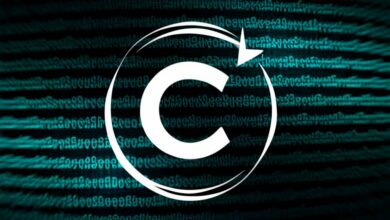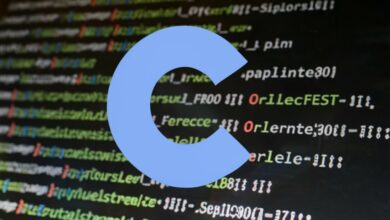
Function’s in C with there syntax, advantages & types
Functions in C: Syntax, Advantages, and Types
Welcome to the world of functions in C! This guide delves into the fundamentals of functions, exploring their syntax, advantages, and various types. Mastering functions is crucial for building modular, efficient, and reusable C programs.
Understanding Functions
A function is a block of code designed to perform a specific task. It encapsulates related operations, promotes code reusability, and improves program organization. Functions can accept input, perform calculations, and return a value or simply execute their defined statements.
Function Syntax
Here’s the basic syntax of a C function:
C
return_type function_name(parameter_list) {
// Function body containing statements
}
- Return_type: Specifies the type of value the function returns (e.g., void, int, char).
- Function_name: Identifies the function uniquely within the program.
- Parameter_list: (Optional) List of variables receiving input values when the function is called.
- Function body: Encapsulated code block containing the operations to be performed.
Advantages of Using Functions
Functions offer several key advantages:
- Code reusability: You can define a function once and call it multiple times throughout your program, eliminating the need for repetitive code.
- Modular programming: Functions break down programs into smaller, manageable units, improving code clarity and maintainability.
- Encapsulation: Functions hide their internal implementation details, allowing clean interfaces and modular development.
- Data abstraction: Functions can take arguments and return values, facilitating data abstraction and information hiding.
Types of Functions
C offers various types of functions based on their features and purposes:
- Void functions: Don’t return any value after execution. Useful for performing actions without needing an output.
- Value-returning functions: Return a specific data type like integer, character, or a custom struct.
- Predefined functions: C provides numerous built-in functions for tasks like input/output, string manipulation, and mathematical operations.
- Recursive functions: Call themselves within their own body, enabling iterative solutions for complex problems.
Writing Custom Functions
Here’s an example of a custom function in C that sums two integers:
C
int sum(int a, int b) {
return a + b;
}
int main() {
int num1 = 5, num2 = 10;
int total = sum(num1, num2); // Call the sum function with two arguments
printf("The sum of %d and %d is: %d\n", num1, num2, total);
return 0;
}
This program defines a sum function that takes two integer arguments and returns their sum. The main function calls the sum function with two values and prints the result.
Conclusion
Functions are fundamental building blocks for effective C programming. By understanding their syntax, advantages, and different types, you can leverage their power to create modular, reusable, and well-organized programs. Explore different function types, practice writing your own, and unleash their potential to enhance your C programming skills.
Remember, this guide provides a foundational understanding of functions in C. Further exploration of function pointers, advanced function concepts, and practical applications in various programming domains will deepen your knowledge and equip you to tackle intricate programming challenges.




